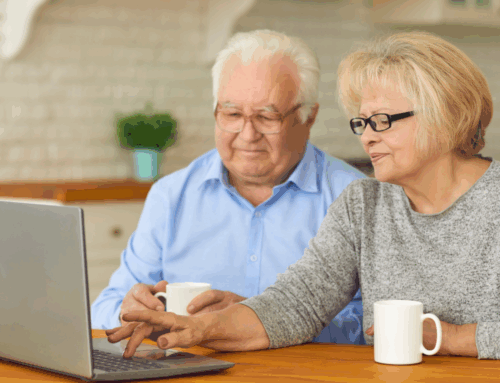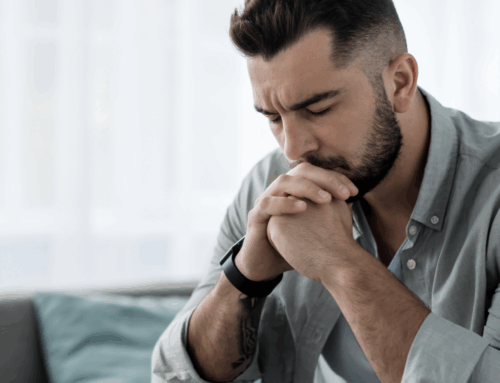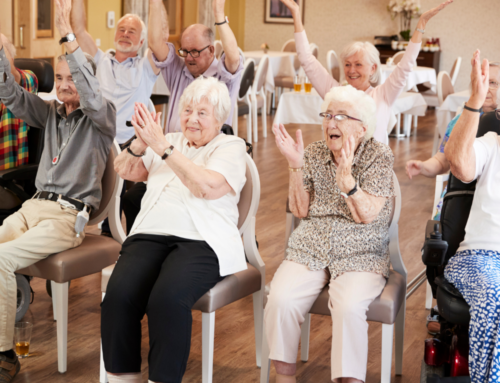Share This Story!
Older Adults And Bone Health
Regardless of age, people don’t like to fall. But for older adults, the risk of a fall is increased, with one senior being treated from a fall every 11 seconds. And in some cases, a fall can quickly turn deadly. Bone health can contribute to poor balance and even increase the risk of a fall. Understanding bone health is vital for protecting seniors and preventing a slip or trip from becoming deadly.
The risk of primary osteoporosis
As people age, the rate at which new bone is generated declines and is often associated with lower hormonal levels. Bone loss linked to aging and hormonal decline is known as primary osteoporosis. In women, the decrease begins around age 50 and age 60 in men. As a result, seniors tend to have thinner and more fragile bones than younger people. Experts have noted that the risk of osteoporosis is higher in menopausal women and men with reduced testosterone.
Declining reflexes
With age, a person’s reflexes may slow. For example, critical senses like hearing and eyesight can decline with age. Specifically, not being able to correctly see the floor or differences in height between sidewalk slabs can cause a person to slip and fall.
Poor nutrition
After the age of 70, the average adult loses 15% of muscle mass for every following decade. Often people are surprised to find that poor nutrition can contribute to accelerated muscle loss and the risk of falling. Being dehydrated or not consuming enough nutrients can rob a person’s bones and muscles of essential vitamins, leading to premature muscle and bone loss that can make the risk of a fall more dangerous.
Reduced activity
A sedentary lifestyle can contribute to the risk of falling. But staying active helps to improve balance, mobility, and keep a person’s joints, ligaments, and muscles flexible. Engaging in low-impact activities like walking or climbing stairs can aid in reducing bone loss too.
Medical conditions that impact balance
Many people may be surprised to learn that common medical conditions like diabetes, heart disease, and even thyroid issues can contribute to diminishing a person’s balance. Specifically, some medications prescribed to treat the above conditions can encourage dizziness or sleepiness, making a person more susceptible to falling. If an older individual notices side effects such as dizziness after taking medications, speak with a physician to discuss concerns around falling.
Reducing the risk of falls
The myth that seniors are more likely to fall doesn’t have to be a reality. Opting for a balanced diet, staying physically active with low-impact exercise, and speaking to a physician about medication-related dizziness or bouts of disorientation can help reduce the risk of a senior falling. Likewise, make sure that the home is a safe space that’s obstacle-free by reducing clutter, installing handrails or brighter lighting on stairwells, and grab bars in the bathroom. For more information, speak with a healthcare provider.





